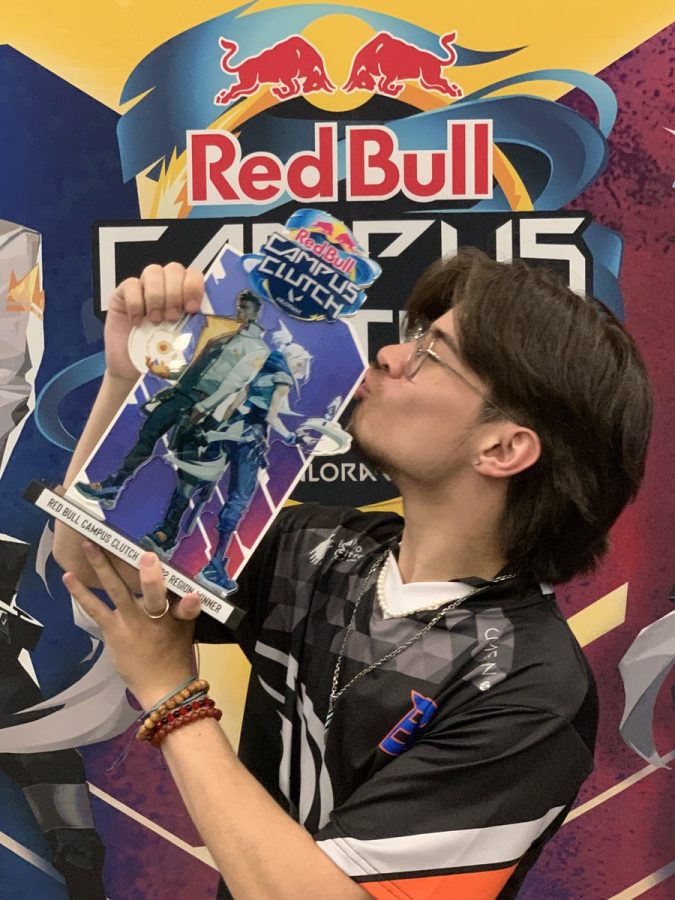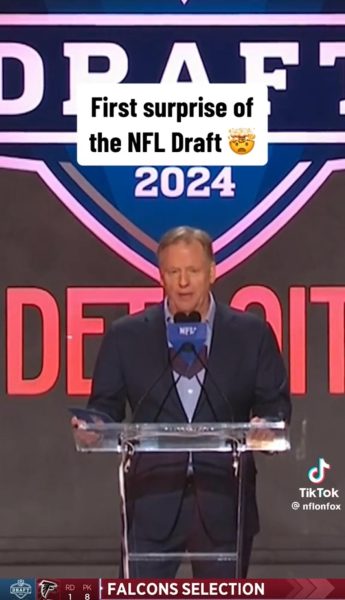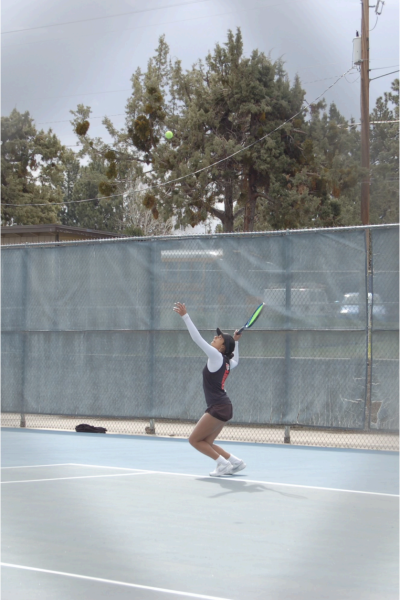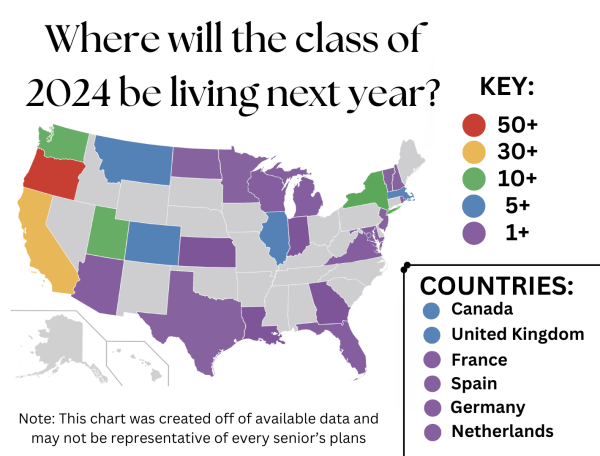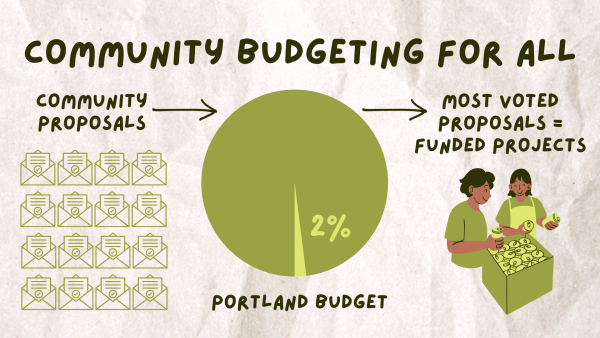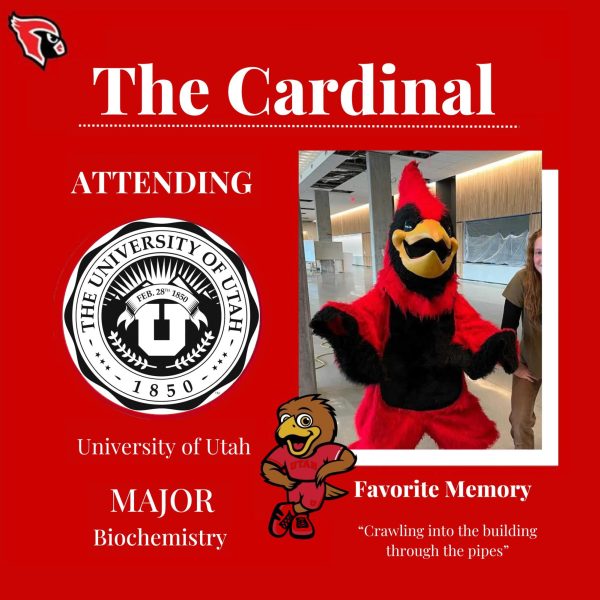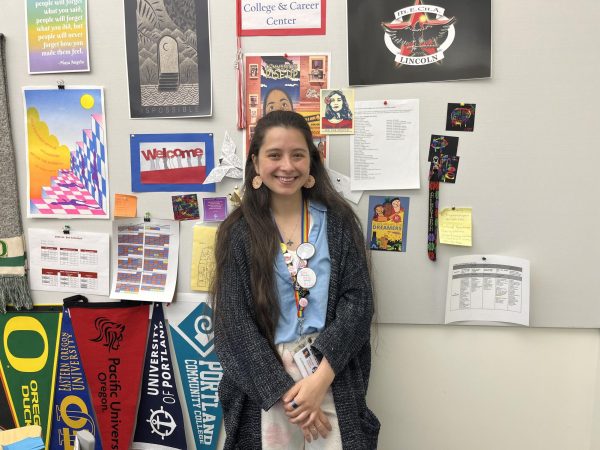Gamers shoot their shot for college esports teams
Marshall “Daimyo” Hainer led his team to victory in a tournament sponsored by Red Bull.
We have seen it happen over the years: talented senior athletes that play physical sports are scouted by colleges to join their teams. However, the advancement of technology as a result of the COVID-19 pandemic has influenced changes in colleges and their sports programs. One recent program stands out from the rest: college esports teams.
With the rise of esports, or competitive video gaming, over the last five years, colleges are deviating from their traditional systems by not only recruiting seniors in high school for physical sports teams but for esports teams that play first-person shooter video games such as “Counter-Strike: Global Offense,” “Apex Legends,” “Overwatch,” “Halo” and more.
However, maneuvering the topic of going to college for esports has proved tricky for aspiring players, including Marshall Hainer, a freshman at Boise State University (BSU) who grew up discouraged from playing video games.
“I was always told gaming was a waste of time and that it wouldn’t amount to anything, or that I was just a tryhard,” Hainer said.
Despite the doubt of the people around him, he was determined to prove them wrong by attending college for esports.
“When I hit Immortal 3, one of the highest levels/ranks possible, in the early days of VALORANT, I decided that I wanted to try and get serious with the whole “pro” scene,” Hainer said. “I wanted to show people that I could do this.”
Hainer set his sights on getting recruited for a college esports team, something that would increase his chances of going pro and surround him with esports players in the same position as him. He rebranded as “Daimyo” and began looking for ways to get into the college esports community.
“A lot of college recruiters or representatives would be in the semi-pro Discord (a social media gaming app) just asking around. A lot of my contacts came from Twitter or the program StayPluggedIN, which is in charge of high school esports recruitment.”
Hainer’s hard work and determination led to his recruitment for the BSU Esports program where he became captain of the school’s “VALORANT” team.
“When I got recruited there were a lot of people who were surprised that I was good enough to be signed,” he said. “Seeing my mom happy that I was able to get a scholarship for something as abstract as gaming was a core memory in my life.”
Similar to Hainer, Oklahoma University (OU) Assistant Director of Intercollegiate Esports Jody Farmer grew up spending her years in high school feeling isolated from her love for video games.
“Games were always considered my brother’s hobby and were never bought for me. I would only get to play after my brother was done with them,” Farmer said.
Farmer went on to serve in the Navy and Army before injuring her back, leaving her stuck at home in both physical and mental pain. Despite her struggles, Farmer’s seclusion introduced her to the Wounded Warrior Project (WWP), an online gaming community for veterans. She excelled in competitive gaming and applied to the esports program at OU, where she would go on to create the school’s first “Call of Duty” team and earn her title as Assistant Director of Intercollegiate Esports. Farmer continues to raise money and awareness for the WWP through streaming so that she can help veterans in situations similar to hers.
“Being in the esports community has given me a safe space to truly be myself,” Farmer said. “It’s an area where it doesn’t matter that I am broken. Esports is truly a diverse and all-encompassing program where anyone can belong, because anyone can be a gamer.”
Farmer uses her experiences to explain OU’s esports program to skeptical parents as well as to express how esports has had a positive effect on her and other players’ mental health.
“[Parents] stop and listen as soon as we tell them we have scholarships available,” she said. “We also have testimonies from other parents who have witnessed the changes in their children who have been a part of our esports program. Those are the best stories.”
Texan Career and Technical Education consultant Jill Ranucci was amazed when she learned of esports programs in college and the large number of paths esports can lead students to.
“I was blown away when I saw the curriculum,” said Ranucci.
Game companies and organizations sponsor events and tournaments for college players, helping students not only get better at esports but helping them get internships and jobs in the esports field as a backup plan.
“There are not just [careers as] players and coaches. There are analysts, broadcasters, graphic designers and news people,” Ranucci said. “It gets huge when you really look at it as commerce.”
Gaming is historically considered a low-effort talent that utilizes aim and physical skill alone. However, Ranucci acknowledges how much intelligence, especially in subjects like math and science, is required to go pro in esports.
“You need to be able to transfer skills such as problem-solving, critical thinking, communication and reverse engineering,” she said. “You have to be able to dissect a problem and then rebuild it. That’s all a part of analytics.”
The expertise gained from playing video games has guided many students in esports toward high-level majors that lead to vital jobs in the survival of the technology market, something the US is currently lacking.
“Over 63% of students in esports, whether they are playing on varsity or club teams, are in STEM-related career fields/majors,” Ranucci said.
Hainer himself is still striving to make it in the pro esports scene but plans to utilize his resources at BSU if he needs a backup career path.
“I want to be a digital marketer or salesperson for gaming organizations if I can’t make it pro as a player,” Hainer said. “Getting a scholarship to pursue higher education by doing what I love doesn’t sound bad either.” As far as numbers say, the esports industry will not be slowing down anytime soon.
“The program I am a part of has grown from 100 to over 3200 students in our community,” Farmer said.
Esports is projected to be the sports industry with the second-largest viewership, following only the National Football League (NFL). With the creation of more varsity esports teams over time will come a large number of students recruited, and a larger industry as a whole.
“My journey in esports has only just begun,” Farmer said. “It’s never too late to start new or follow a dream. Be open to change and flexible enough to embrace it. I have a whole new career in front of me that I never imagined before.”


